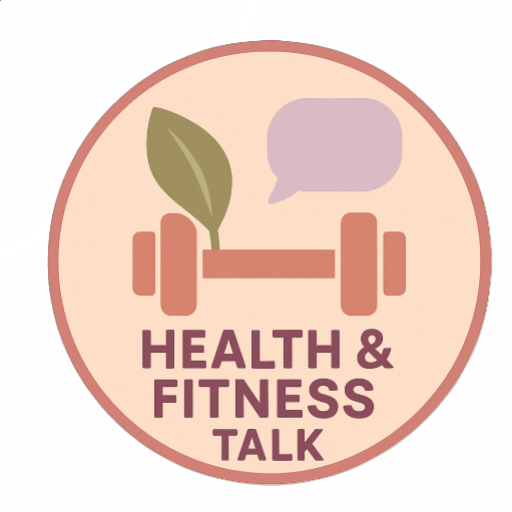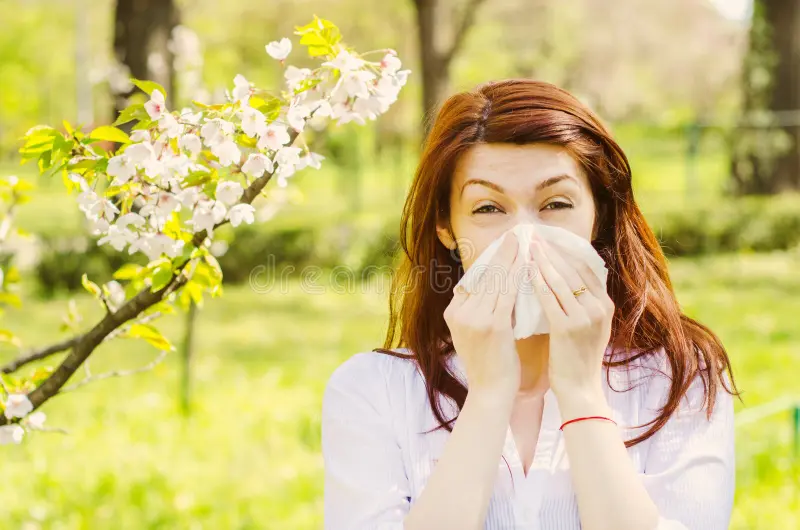Natural Ways to Treat Flu and Colds
Seasonal colds and the flu are among the most common illnesses affecting people worldwide. While both are caused by viruses and typically resolve on their own, the discomfort they bring can disrupt your daily routine. Fortunately, nature offers several safe, effective, and soothing ways to ease symptoms and speed recovery. Here’s how to naturally manage the flu and colds without relying solely on over-the-counter medicines.
Stay Hydrated
Hydration is the foundation of recovery. When you’re sick, your body loses fluids through fever, sweating, and mucus production. Drinking plenty of water, herbal teas, and broths helps keep the mucous membranes moist, which aids your body in expelling viruses more efficiently. Warm fluids, in particular, help soothe sore throats and relieve congestion.
Coconut water and diluted fruit juices also help replenish electrolytes, but avoid sugary drinks and caffeine, which can lead to dehydration. Aim for eight to ten glasses of fluid daily to keep your body well-hydrated during illness.
Rest and Sleep
One of the simplest yet most overlooked remedies is rest. When you’re battling a virus, your immune system works overtime to eliminate the infection. Quality sleep strengthens immune function by boosting white blood cell production and releasing cytokines—proteins that help the body fight off viruses.
Avoid strenuous activities and focus on allowing your body to recover. Even short naps can help restore energy and promote faster healing.
Steam and Warm Compresses
Nasal congestion and sinus pressure are among the most frustrating cold symptoms. Steam inhalation helps clear nasal passages, loosen mucus, and soothe irritated tissues. Boil water, pour it into a bowl, and carefully inhale the steam while covering your head with a towel. Adding a few drops of eucalyptus or peppermint essential oil enhances the effect by opening airways and reducing inflammation.
For sinus pressure, apply a warm compress over your nose and forehead. This improves circulation and relieves discomfort, making it easier to breathe.
Natural Immune Boosters
Several natural foods and herbs can strengthen the immune system and help fight viral infections:
• Garlic: Known for its antiviral and antibacterial properties, garlic contains allicin, which helps combat respiratory infections. Add raw or lightly cooked garlic to meals for best results.
• Ginger: Ginger’s anti-inflammatory compounds soothe sore throats, reduce coughing, and may help fight viral replication. Ginger tea with honey and lemon is a classic natural cold remedy.
• Honey: A natural cough suppressant and antimicrobial agent, honey coats the throat, reducing irritation. A spoonful before bed can ease nighttime coughing. Avoid giving honey to children under one year old.
• Turmeric: Curcumin, the active ingredient in turmeric, has strong anti-inflammatory and antioxidant effects. Mix turmeric with warm milk or tea for added relief.
• Elderberry: Studies suggest elderberry extract may shorten the duration of colds and flu symptoms by boosting immune response.
• Vitamin C and Zinc: Foods high in vitamin C, like oranges, kiwi, and bell peppers, and zinc-rich foods, such as pumpkin seeds and lentils, help support immune defenses.
Herbal and Home Remedies
• Echinacea: This herb has been used for centuries to reduce the severity and duration of colds. Taking it at the first sign of symptoms may prevent the virus from spreading.
• Chamomile Tea: Promotes relaxation, reduces inflammation, and helps improve sleep quality.
• Peppermint: Naturally cooling and decongesting, peppermint tea or oil can relieve sinus pressure and sore throats.
• Thyme Tea: Known for its antibacterial and expectorant properties, thyme helps loosen mucus and calm coughing.
Warm Salt Water Gargle
A simple saltwater gargle can reduce throat inflammation and kill bacteria in the mouth and throat. Mix half a teaspoon of salt in a cup of warm water and gargle several times a day. It helps reduce swelling, clear mucus, and relieve pain.
Balanced Nutrition
What you eat plays a crucial role in recovery. Focus on easy-to-digest meals rich in nutrients. Warm soups, like chicken broth or vegetable soup, are excellent choices—they hydrate, soothe sore throats, and supply essential vitamins.
Include immune-supporting foods such as:
• Citrus fruits (vitamin C)
• Leafy greens (antioxidants)
• Yogurt (probiotics)
• Whole grains (B vitamins)
• Nuts and seeds (vitamin E and zinc)
Avoid processed foods, alcohol, and refined sugars, which can suppress the immune system and prolong recovery.
Maintain a Humid Environment
Dry air can worsen nasal congestion and throat irritation. Using a humidifier keeps the air moist, easing breathing and preventing the mucous membranes from drying out. Ensure you clean the device regularly to prevent mold and bacteria growth.
If you don’t have a humidifier, place a bowl of water near your bed or hang damp towels in your room to increase humidity naturally.
Gentle Movement and Fresh Air
While rest is vital, light physical activity—such as a short walk outdoors—can boost circulation and help open airways once the fever has subsided. Fresh air also helps oxygenate your system, aiding recovery. Avoid overexertion, as it can weaken the immune response.
Hygiene and Prevention
Natural treatment also involves preventing the spread of infection. Wash your hands frequently with soap and water, especially after sneezing or coughing. Use tissues instead of handkerchiefs, disinfect frequently touched surfaces, and avoid sharing utensils or drinks.
Supporting your immune system year-round through a healthy lifestyle can make future colds less severe. Eat a balanced diet, manage stress, get enough sleep, and exercise regularly.
When to Seek Medical Attention
While most colds and flu resolve naturally within a week or two, you should seek medical help if you experience:
• A persistent high fever above 102°F (39°C)
• Difficulty breathing or chest pain
• Severe sore throat or ear pain
• Confusion or dizziness
• Dehydration or inability to keep fluids down
These may indicate a more serious infection or complications requiring professional care.
Final Thoughts
Nature offers an abundance of remedies to help your body recover from colds and flu. From herbal teas and warm soups to rest and hydration, these simple yet powerful methods support the immune system’s natural healing processes. By caring for yourself gently and consistently, you can bounce back quickly and strengthen your defenses for the future.
References
- Harvard Health Publishing. Natural Ways to Treat the Common Cold. https://www.health.harvard.edu/staying-healthy/natural-ways-to-treat-the-common-cold
- Mayo Clinic. Cold Remedies: What Works, What Doesn’t, What Can’t Hurt. https://www.mayoclinic.org/diseases-conditions/common-cold/in-depth/cold-remedies/art-20046403
- Cleveland Clinic. Home Remedies for the Flu: What Helps and What to Avoid. https://health.clevelandclinic.org/natural-remedies-for-the-flu
- Johns Hopkins Medicine. Boosting Your Immune System Naturally. https://www.hopkinsmedicine.org/health/wellness-and-prevention/how-to-boost-your-immune-system
- WebMD. Cold and Flu Home Remedies. https://www.webmd.com/cold-and-flu/home-remedies-colds





